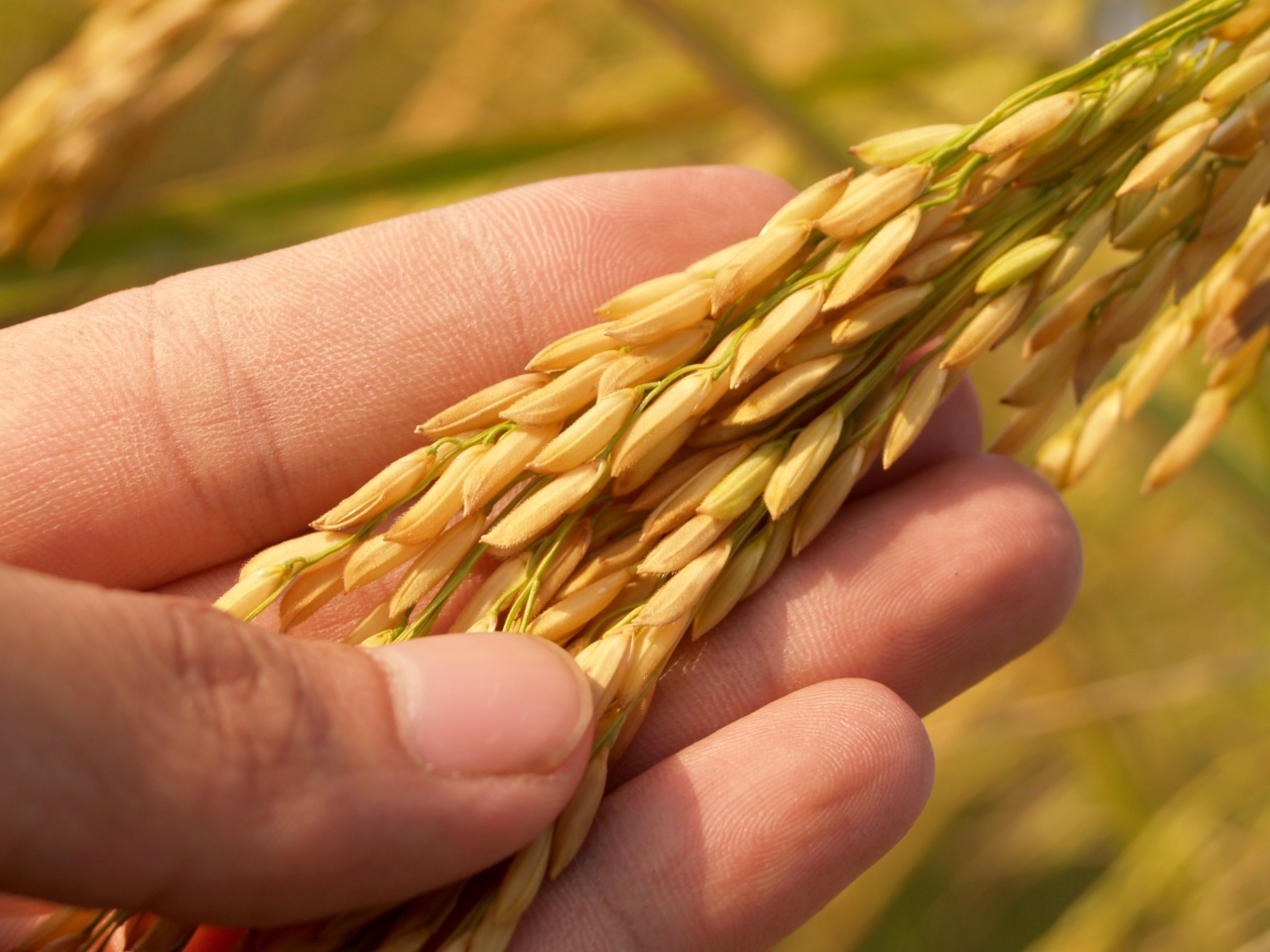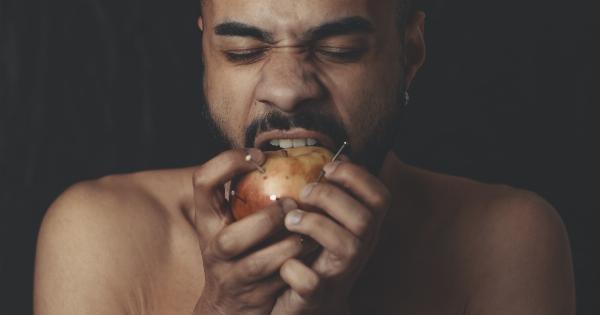Nail chewing, also known as onychophagia, is a common habit that affects people of all ages. While it may seem harmless, nail chewing can lead to a range of unforeseen consequences that can impact both your physical health and overall well-being.
In this article, we will explore the various negative effects of nail chewing and highlight the importance of breaking this habit.
The Impact on Dental Health
One of the most noticeable consequences of nail chewing is the detrimental effect on dental health. Constantly biting your nails can lead to misalignment of the teeth, as well as an increased risk of chipped or cracked teeth.
Additionally, the repetitive motion of nail chewing can cause stress on the jaw joint, leading to temporomandibular joint disorder (TMJ). This painful condition can result in jaw pain, headaches, and difficulty in opening and closing the mouth.
Increased Risk of Infections
Another significant consequence of nail chewing is the increased risk of infections. Our hands carry a significant amount of bacteria, and by constantly putting them in our mouths, we introduce these bacteria directly into our bodies.
The area around and under the nails is particularly prone to harboring germs, making nail chewers more susceptible to infections such as paronychia, a painful skin infection around the nails.
Compromised Nail Integrity
Nail biting can cause severe damage to the nails themselves. When you chew on your nails, you not only weaken and thin them but also expose them to potential infections. This can result in brittle, rough nails that are more prone to breakage and peeling.
In some cases, chronic nail biting can even lead to permanent deformities in the nails.
Impaired Emotional Well-being
Nail chewing is often associated with high levels of stress, anxiety, or boredom. It can serve as a coping mechanism, providing temporary relief from emotional discomfort.
However, relying on nail biting as a stress reliever can have long-term consequences for your emotional well-being. It can perpetuate a cycle of stress and nail chewing, making it difficult to manage stress effectively and find healthier coping mechanisms.
Negative Social Implications
While it may seem insignificant, nail chewing can have negative social implications. Many people find the habit off-putting or unpleasant to witness.
Nail biters may feel self-conscious about the appearance of their nails and try to hide their hands to avoid judgment or embarrassment. The social stigma associated with nail chewing can impact self-esteem and confidence, leading to further emotional distress.
Spread of Germs
As mentioned earlier, our hands are a breeding ground for bacteria. By biting your nails, you not only introduce these bacteria into your own body, but you also spread them to surfaces and other people.
This can contribute to the spread of illnesses and infections, both for yourself and those around you. Breaking the habit of nail chewing can help promote better hygiene practices and reduce the risk of transmitting harmful germs.
Damage to the Cuticles
Aside from the nails themselves, frequent nail biting can also damage the surrounding skin and cuticles. When you chew on your nails, you often end up biting off the skin around them as well.
This can lead to painful sores, bleeding, and an increased risk of developing hangnails. Damaged cuticles not only look unsightly but can also be prone to infections if proper care is not taken.
Impact on Nailbed Regrowth
The constant trauma inflicted on the nails and surrounding skin can impair the natural regrowth process. Nails grow from the matrix, which is located at the base of the nail and protected by the cuticle.
Excessive nail biting can damage the matrix, leading to slowed or distorted nail growth. In some cases, the damage can be so severe that it impacts the ability of the nails to grow back normally.
Increased Dental Expenses
As mentioned earlier, nail chewing can pose a significant risk to dental health. The consequences of misaligned teeth, fractures, or TMJ disorder may require expensive dental treatments such as braces, dental bonding, or even surgery to correct.
By engaging in nail chewing, you not only compromise your oral health but may also end up facing hefty dental expenses in the long run.
Difficulty in Breaking the Habit
Perhaps one of the most frustrating consequences of nail chewing is the difficulty in breaking the habit. Nail biting is often deeply ingrained and can be challenging to overcome, especially if it has been a long-standing habit.
However, with determination, self-awareness, and the adoption of alternative coping mechanisms, it is possible to break free from the cycle and find healthier ways to manage stress or anxiety.
Conclusion
Nail chewing may seem like a harmless habit, but its unforeseen consequences can have a significant impact on both your physical and emotional well-being.
From dental health issues to increased risk of infections and compromised nail integrity, breaking this habit is crucial for your overall health. By understanding the negative implications of nail chewing and seeking alternative coping mechanisms, you can take control of the habit and improve your quality of life.






























